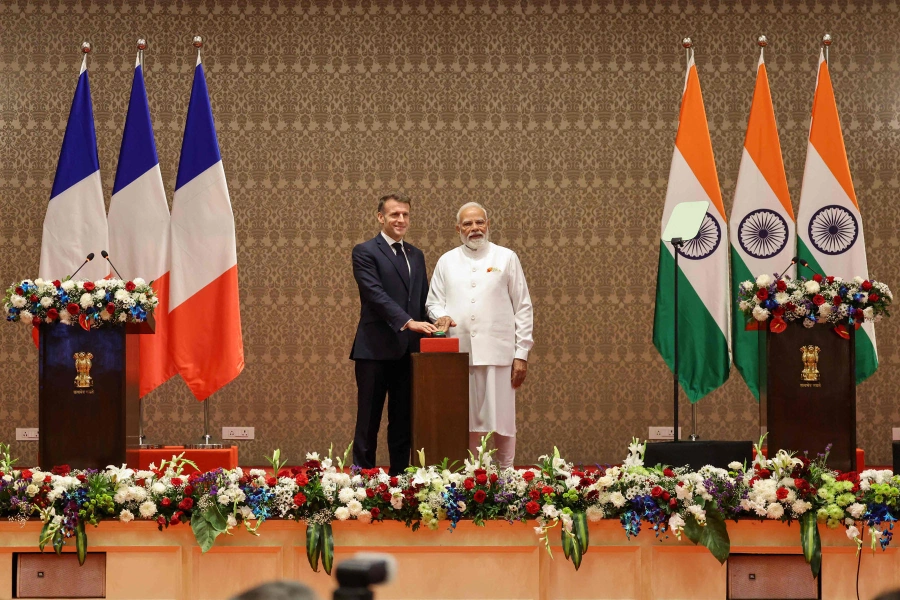BHAIRAHAWA, May 8: The holy month of Ramadan has begun Tuesday after viewing the crescent moon on Monday evening.
According to the Islamic calendar, the month of Ramadan or fasting known Roza fell on the ninth lunar month of the year. Roza is a strict fasting tradition which requires Muslims around the globe to not eat, drink or even consciously swallow saliva after sunrise till sunset, for an entire month.
The fast begins after consuming food two hours before sunrise (Sehari) and ends after sunset with a meal (Aftaari).
Holy month of Ramadan begins from tomorrow

The followers of this tradition believe Ramadan to be a month of purity as well. Islam also compels all Muslims, except the differently-abled, ill and children to observe Roza.
The thirty-day long Ramadan is divided into three parts, each of ten days. The first ten days is called Barakat (blessings or good fortune). The middle ten days is called Rahamat (mercy, clemency), and the last ten days is called Maghfirat (forgiveness from Allah). Muslims therefore observe Roza with a belief of receiving all three.
Muslims, who take Roza recite the Namaz prayer five times during the day with an additional Tarawih Namaz. Tarawih Namaz is extra prayers performed by Sunni Muslims at night, during the holy month. Tarawih is believed to be taught by the religious teacher Hafiz, who is known to have memorized the Quran thoroughly.
There is a common belief that Tarawih Namaz makes Allah happy, therefore has a positive impact on human life and the nature has lured the followers to regard Tarawih Namaz highly.
Islam also has special arrangements for the poor and weak for the holy month. Each well-off Muslim is required to donate 750 grams of wheat, or money equal to that known as Fittara and 2.5 % of the annual income and the total property, known as Zakat.
“Zakat and Fittara need to be collected before the celebration of Eid-ul-Fitr, which marks the end of Ramadan. This concept plays a major role in binding Muslims with Islam due to its positive impact,” stated Akbaal Siddiqui, a Muslim leader.
The fasting is broken in case of vomiting, menstruation, acid reflux, taking part in sexual intercourse, and consumption of food and water during daytime.




































